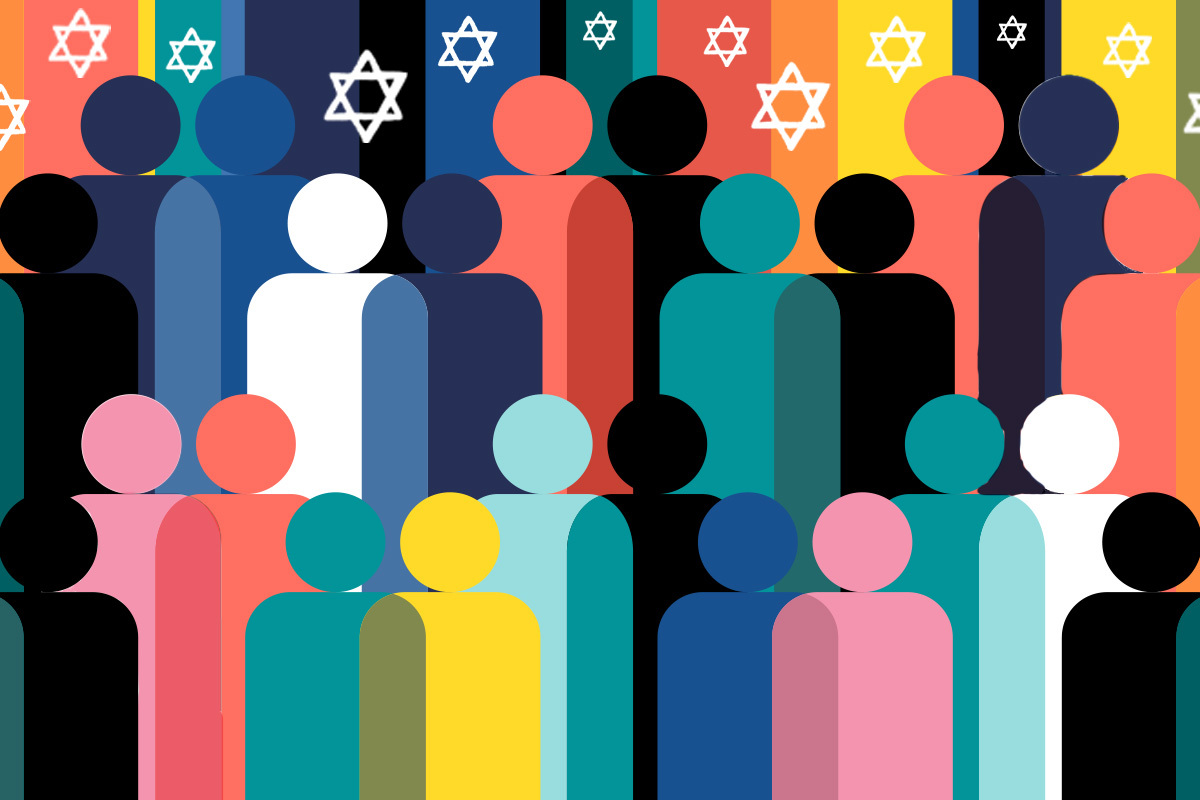In season four, episode 12 of the American action-drama series “Station 19,” the characters Travis Montgomery (Jay Haden) and Diane Lewis (Tracie Thomas) have a conversation about George Floyd and rising hate crimes against Asian Americans and Pacific Islanders (AAPI).
Montgomery, who is both white and Korean, tells Lewis, who is Black, that he feels awkward discussing AAPI discrimination murder with a Black woman in the wake of Floyd’s murder, explaining it feels inappropriate as “other people were hurting so much more.” Lewis, a psychologist and trauma specialist, questions whether this is because he thinks that her “racist stuff is bigger?” She proceeds to acknowledge the rising hate crimes against Asian Americans, and Montgomery, his voice almost breaking, responds: “And yet no one is talking about it. No one but us. Not the media. Why are we so invisible?”
When I heard that line, I felt like breaking too.
As someone who is Jewish, it often feels like the hate and prejudice against the Jewish community is ignored and downplayed. In the wake of the Highland Park shooting, so many news and media outlets were quick to point out how “well-off” the neighborhood was, but very few pointed out it was a predominately liberal Jewish area. Or that before the attack in Highland Park, the shooter had reportedly made a suspicious visit to a nearby synagogue, making the patrons feel threatened and worried for their safety. When antisemitic tropes occur in shows, over and over again, like lizard people and Jewish-coded greedy goblins, all there seems to be is crickets, while anti-Black or homophobic messaging will quickly inspire millions of people on social media to voice their opposition. It can make me feel invisible.
Like Montgomery, I realized I was wary of bringing up these moments of antisemitism because I worry that in doing so I am minimizing the reality of racism, and the horrific violence against others.
But here’s the thing.
Antisemitism is one of the oldest systems of prejudice in the world. Despite the majority of the non-Jewish world thinking otherwise, antisemitism did not begin and end with World War II and the Holocaust. That catastrophic tragedy was a buildup of centuries of fearmongering and scapegoating Jews for various societal ills happening at any given moment. As Lewis from “Station 19” reminds us, not only does one form of prejudice not cancel out the other, but “it’s gaslighting if anyone tells you, or you tell yourself, to be OK with the brutalities being inflicted on your community because worse things are happening to another.” She concludes the scene by noting, “There are no winners in the oppression Olympics.”
Watching the scene, I felt aware, once again, of how hard it was to internalize the truth of this approach, especially when the broader entertainment industry seems so unconcerned with the lived experiences and discrimination so many Jews encounter.
When it comes to social consciousness, perhaps we are in a moment unlike any other. Millennial and Gen Z audiences have proven particularly politically conscious, and more shows than ever focus on identity and the various micro- and macro-aggressions in society. For example, shows like “Black-ish” and “Grown-ish” explore different generations of a family discussing the particular challenges and triumphs of being Black in America, and shows like “Ms. Marvel” address Islamophobia and the Muslim community.
However, there seems to be a gaping lack of awareness for the nuances of Jewish identity, particularly when it comes to the struggles this community faces — from the cab driver who joked about cheap Jews while my sister and I were in the back seat to the rising fear we face entering Jewish centered spaces. Jokes about the wealth and privilege of Jews (which, of course, ignore the reality of Jews of Color and usually assume all Jews are white and rich) are common in much of media. Shows like “Grown-ish” and “Never Have I Ever” address diversity and discrimination, but fail to authentically engage with the Jewishness of their characters, as well as to address both the hate crimes that hit Jewish communities across the US and the micro-aggressive comments that sneak up on people like me. Shows like “Stranger Things” have even filmed on set at Lukiškės Prison, where thousands of Lithuanian Jews were held by Nazis during World War II, and have fans who, inspired by the main character, have posted images of their bar code tattoos, utterly ignorant of its historical reference. With so little awareness, is it any wonder that the weight of antisemitism seems to be lost in the media?
In the fight against prejudice, we cannot ignore one form of it while fighting others. As Reverend Martin Luther King Jr. once wrote, “Injustice anywhere is a threat to justice everywhere. We are caught in an inescapable network of mutuality, tied in a single garment of destiny. Whatever affects one directly, affects all indirectly.”
I wish more fiction writers, journalists, filmmakers and news outlets would be more conscious of the issues affecting the Jewish community — not to prioritize them over another group, but simply to give them the weight they deserve.



